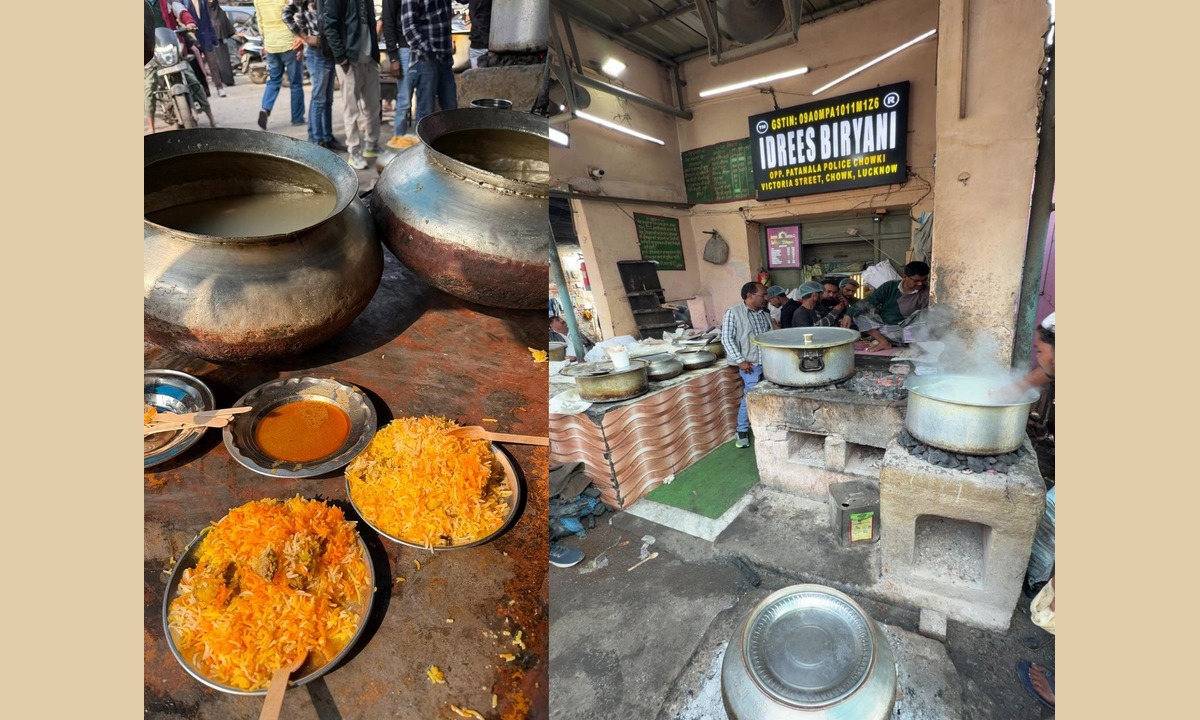
Understanding NEET: Beyond Challenges and Controversies
In India, the National Eligibility-cum-Entrance Test (NEET) stands as the ultimate gateway for aspirants seeking admission to undergraduate medical and dental courses in esteemed institutions across the country. Since its inception in 2013, NEET has transformed the landscape of medical education, streamlining the admission process and fostering a more standardized evaluation system. However, navigating the complexities of NEET can be daunting for many students and parents alike. This article aims to provide a comprehensive overview of NEET, including its significance, preparation strategies, recent updates, and the impact it has on the medical education sector in India.
NEET, conducted by the National Testing Agency (NTA), assesses students' knowledge in subjects such as Physics, Chemistry, and Biology. The exam follows a multiple-choice question format and is available in multiple languages to ensure accessibility for candidates from diverse linguistic backgrounds. With its rigorous curriculum and stringent selection criteria, it serves as a benchmark for evaluating candidates' aptitude and competence in the field of medicine.
NEET plays a pivotal role in ensuring fairness and transparency in the medical admissions process. By standardising the evaluation criteria, it eliminates disparities that may arise from state-level entrance exams, thereby promoting meritocracy and equal opportunities for all aspirants. Moreover, it helps maintain the quality of medical education by admitting students based on their proficiency rather than extraneous factors such as financial status or political influence.
Over the years, NEET has undergone several revisions and updates to enhance its effectiveness and relevance. From the introduction of a common counseling system to the inclusion of AI-driven proctoring for online exams, it continues to evolve to meet the changing needs of the education landscape.
NEET's impact extends beyond the realm of admissions, influencing various stakeholders within the medical education sector. Institutions are compelled to adapt their teaching methodologies and curriculum to align with the NEET syllabus, ensuring that students are adequately prepared for the exam. Moreover, the emphasis on NEET scores as a primary criterion for admission has prompted schools and colleges to prioritize academic excellence and quality teaching.
Despite its merits, NEET has also faced criticism and controversy on several fronts. Critics argue that the exam places undue stress on students, leading to mental health issues and a culture of rote learning. Additionally, disparities in access to quality education and coaching facilities disproportionately affect students from marginalised communities, exacerbating existing inequalities in the education system. Furthermore, linguistic and socioeconomic barriers pose challenges for candidates from non-English medium backgrounds, highlighting the need for greater inclusivity and support mechanisms.
While the exam presents challenges and controversies, its overarching goal of fostering meritocracy and excellence remains paramount. As stakeholders continue to navigate the intricacies of NEET, concerted efforts must be made to address existing disparities, promote inclusivity, and uphold the integrity of India's medical education system. By embracing innovation, equity, and student-centric policies, NEET can truly fulfill its mandate of nurturing the next generation of healthcare professionals in the country.
Popular Categories
Read More Articles
Travel and Tourism
Travel to Thailand gets costlier: International passenger service fee to jump 53% from June by Awadh 360° Desk February 22, 2026Travel and Tourism
Thailand Extends Visa-Free Stay for Indians to 60 Days, Allows 30-Day Extension by Awadh 360° Desk February 19, 2026Travel and Tourism
Lucknow or Zaike: A City Remembered Through Taste by Mohammed Syed Zaid February 11, 2026Business
What's Up With WhatsApp? by Prateek Shukla February 9, 2026



